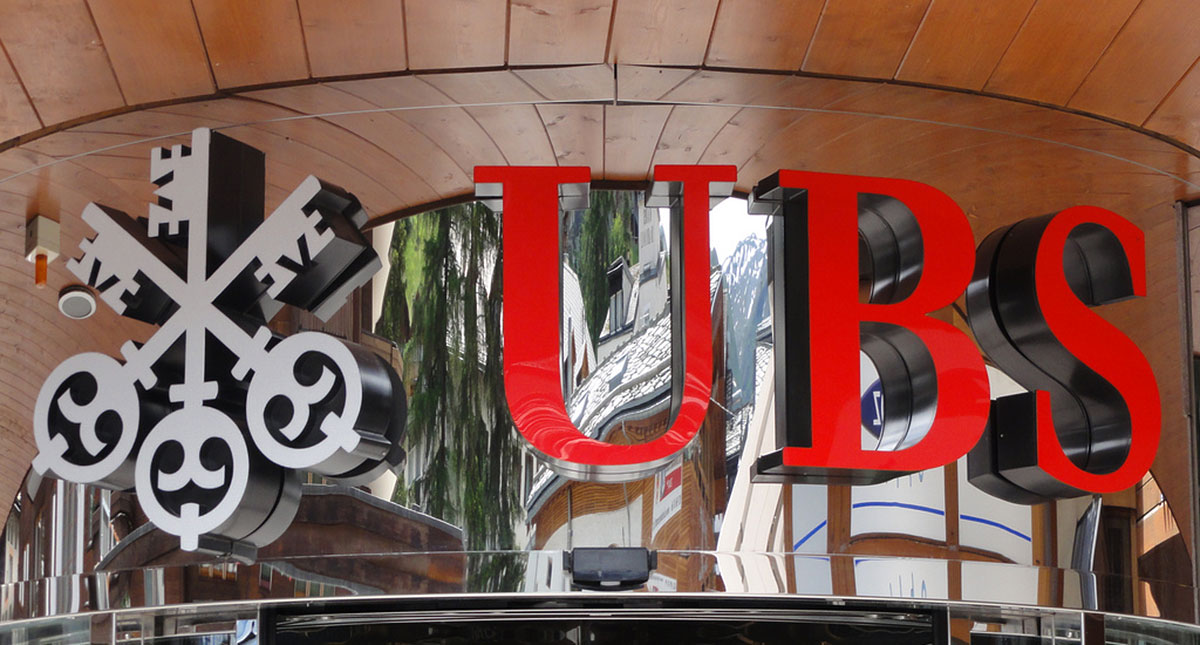Considering 82 international luxury markets, luxury real estate sales increased by 11 % in 2017. In main markets, heightened demand and limited supply allowed luxury real estate to outpace non-luxury real estate sales.
In the United State, the economic stability has helped drive luxury real estate sales, in spite of rising interest rates and questions about the tax reform and its potential impact on wealth investors.
Newly acquired net worth is driving new buyers, including Generation X and Millennials. Here are the main steps to invest in luxury real estate.
A Global Perspective
The luxury market is a global market and for the same properties, the buyers can be located worldwide. For the finest residences, this globalized demand can command higher prices. At the same time, it can translate to high returns for investors.
Luxury real estate investments provide higher yields and less volatility than the stock market. In top-performing markets, including the United States, luxury real estate values will increase on the long term.
Luxury real estate may also hold up better when non-luxury real estate or stocks flag. Luxury real estate investments indeed tend to rebound better when markets soften. They inspire desire, are generally unique and tend to have strong intrinsic value that surpasses the cost of replacement. One significant benefit of owning real estate, and especially luxury real estate, is that its value will always be positive even in a dismal market, while stocks can plummet to such a level.
Luxury markets aren’t created equally
While luxury real estate can be lucrative, some markets are more profitable than others, both on the domestic and the international level. In New York City, for instance, now exists supply saturation putting constraints on price. Luxury properties saw tremendous appreciation in value from 2013 to 2016 as a new generation of luxury condos entered the market. However, it raises today a question about a potential oversupply.
In 2017 in the United States, Seattle lead the market with the most robust year over year luxury sales growth. Denver followed, then Dallas and San Diego. Santa Fe appeared to be the most dynamic luxury second-residence market. Sales volumes reached levels unseen since 2008.
Internationally, Vancouver, Singapore and Vietnam have emerged as some of the strongest luxury housing markets. Thus studying market trends is crucial when choosing where to invest in luxury properties.
In specific cities, such as London and Hong Kong, luxury real estate is capable of outlasting economic downturns. When economies slow down, most luxury properties in the aforementioned markets will maintain their value.
Real Estate Investment Trusts (REIT)
While direct ownership is one way to luxury real estate investments, Real Estate Investment Trusts (REIT), exchange-traded funds and crowdfunding are alternatives that may offer fewer barriers to entry. How you choose to invest depends largely on your investing style, your objectives and the level of your financial investment.
Investors venturing into luxury real estate through crowdfunding should be aware of what they’re investing in. Crowdfunded investments may veer more toward commercial, rather than residential properties, as commercial tends to be much more focused on the capitalization-rate, driven by cash flow from tenant payments.
REITs can offer exposure to luxury residences, apartments and vacation properties, as well as luxury hotels and resorts, but return on investments must be carefully weighed and include all costs of decisions and “non decisions”.
Most of the residential REITs tend to be private syndicates created by family offices or wealth management companies. They tend to provide some incremental marginal returns impacted by REIT management fees, administration fees and cost of ownership.
If you have the means to invest in a luxury property directly, due diligence is essential. An investor might need to work with their financial advisor to determine their exposure, as luxury real estate by definition requires a consequent investment.
In fact, it’s all about understanding a property’s specificities and determining your goal for investing. In most locations, investors need over $1 million to consider luxury real estate options. Once the property is secured, the options can vary, from building custom homes to turning them into commercial estate offered to potential renters. The location and market must be studied as well to target strong returns. It’s also important to consider your end investment and your exit strategy.
Being prepared to pay high-level prices, managing expectations and understanding ROI will lower risks. When you’re investing in a property that comes with a seven, eight or nine-figure price tag, it’s important to envision the prospective demand for what you mighht one day resell. Of course having a diversified portfolio should be important to any investor. Sticking to a single market can get stale and there are many inherent risks to that approach.




